Cholesterol is the substance that is present in every organism and is crucial for survival.
It is synthesized in the liver and is necessary for the normal functioning of cells, nerves and hormones. In our body, cholesterol is present in the form of fatty acids (lipids), which are carried in the blood.
These particles do not usually accumulate on the walls of the arteries, but when there is inflammation in the blood vessels, the bad cholesterol forms plaques on the walls that reduce the elasticity of the vessels. Sometimes pieces of plaque break off and enter the bloodstream, leading to heart attacks or strokes.
We are used to thinking that greasy food leads to high cholesterol levels.
In fact, the cholesterol that enters our body with food plays a weak role in its creation in the blood.
The key to reducing the risk of cardiovascular disease, including high cholesterol, is reducing inflammation. Therefore, first of all, foods that cause and maintain inflammation should be excluded from the diet.
Cholesterol-lowering foods are very diverse and include a variety of fruit, vegetables, legumes, whole grains, fish, lean meat and plenty of healthy fats.
- Vegetables are rich in antioxidants and are therefore very effective in controlling inflammation. The more vegetables we eat, the healthier our blood vessels will be. Leafy vegetables such as cabbage, onions, broccoli and artichokes are particularly beneficial for cardiovascular health.
- Nuts of all kinds are the best source of healthy fats. Nuts contain antioxidant flavanoids, plant compounds that improve artery health and effectively reduce inflammation and bad cholesterol.
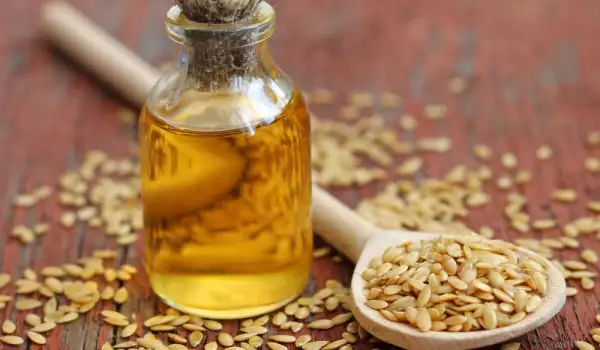
- Flaxseeds are the best plant source of omega-3 fatty acids. Chia seeds and flax seeds are notable for their extremely high levels of soluble and insoluble fiber, which help trap fat and cholesterol in the digestive system. This lowers the cholesterol level in general.
- Olive oil has a strong effect in the treatment and prevention of cardiovascular diseases. It can significantly help reduce the level of bad cholesterol, normalize blood pressure, improve the elasticity of artery walls and reduce the risk of blood clots.
- Avocado contains vitamin B6 and folic acid, it is rich in vitamin E, monounsaturated fats, which are very necessary for the health of the cardiovascular system. Avocado contains a large number of compounds that effectively reduce cholesterol.
- Salmon is one of the best sources of anti-inflammatory omega-3 fats. Many omega-3 fats are also found in fatty fish such as sardines, mackerel and herring. These fish increase the level of good cholesterol, maintain a healthy weight and improve the cognitive function.
- Whole grains are good for the cardiovascular system because they are an excellent source of fiber, along with gluten-free products such as quinoa, oats, buckwheat and amaranth. Oats contain a substance called beta-glucan, which absorbs cholesterol.
- Green tea is a rich source of antioxidants, has anti-cancer properties, supports the cardiovascular system by preventing the level of bad cholesterol.
See also some ideas for:
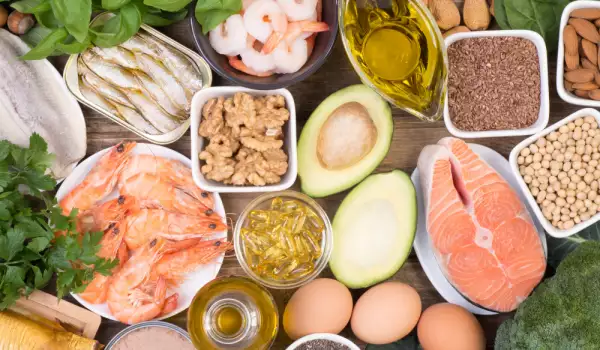
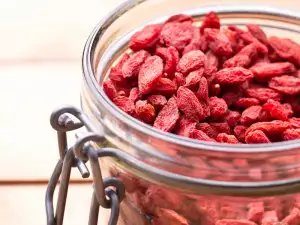
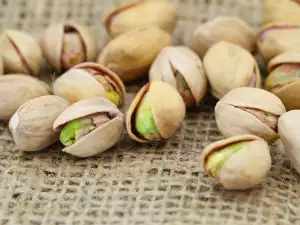



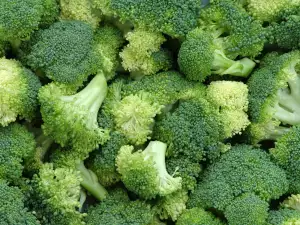


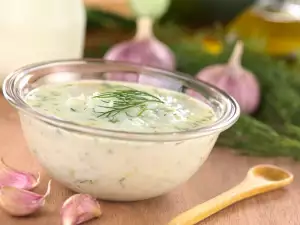

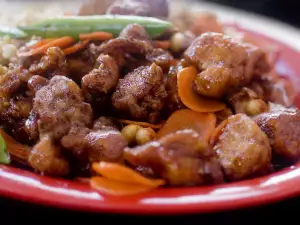

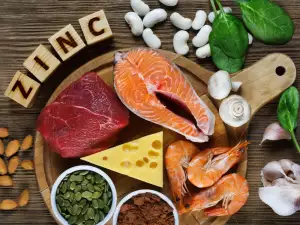
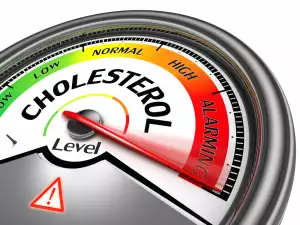
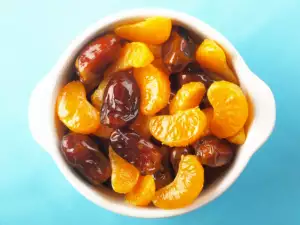




Comments